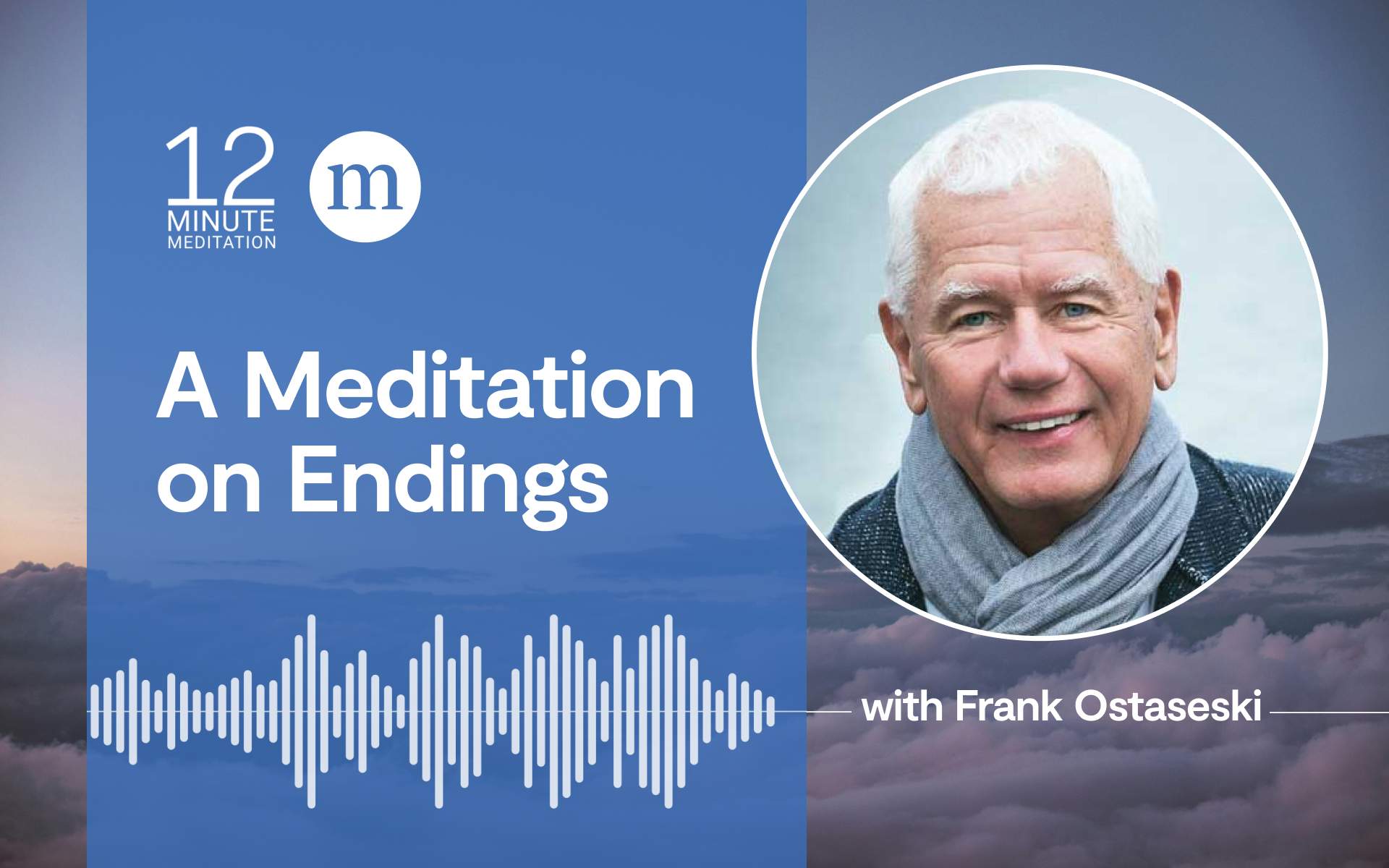What is it about something as simple as sitting still and watching our breath that evokes panic, fear, and even hostility? Meditation can certainly be challenging, and even more so if we are uncertain as to why we are doing it. It can seem very odd to sit there just listening to the incessant chatter in our head, and we easily get bored if we do nothing for too long, even if it’s only 10 minutes. After years of hearing a plethora of reasons why people find it hard to meditate, we have whittled it down to just a few.
7 Common Challenges in Meditation
1. I’m too busy, I don’t have the time. Which can certainly be true if you have young children and a full-time job, and all that these entail. However, we are only talking about maybe 10 minutes a day. Most of us spend more time than that scrolling on our phones or idly surfing the web. It only appears like we don’t have the time because we usually fill every moment with activity and never press the pause button.
2. I find it really uncomfortable to sit still for too long. If you are trying to sit cross-legged on the floor then, yes, it will get uncomfortable. But you can stand, lie down, or sit upright in a firm and comfortable chair instead. Or, you can do walking meditation or yoga. Moving meditation can be just as beneficial as still meditation.
3. My mind won’t stop thinking: I can’t relax. I can’t meditate. I just can’t! My mind will not get quiet; it flies all over the place! My thoughts are driving me mad! I’m trying to get away from myself, not look inside. Sound familiar?
Surprisingly enough, trying to stop your mind from thinking is like trying to stop the wind—it’s impossible. In the Eastern teaching the mind is described as being like a drunken monkey bitten by a scorpion because, just as a monkey leaps from branch to branch, so the mind leaps from one thing to another, constantly distracted and busy. When you come to sit still and try to quiet your mind, you find all this manic activity going on and it seems noisy. It is actually nothing new, just that now you are becoming aware of it, whereas before you were immersed in it, unaware that such chatter was so constant.
This experience of the mind being so busy is normal. Someone once estimated that in any one 30-minute session of meditation we may have upward of three hundred thoughts. Years of busy mind, years of ruminating, years of stresses and confusion and self-focus, and the mind has no idea how to be still. Rather, it craves entertainment. It’s not as if you can suddenly turn it off when you meditate, which just means you are like everyone else.
It’s not as if you can suddenly turn off your thoughts when you meditate, it just means you are like everyone else.
4. There are too many distractions, it’s too noisy. We all have to deal with the sounds and impositions of the world around us. But—and it’s a big but—we needn’t let it impose. Cars going by outside? Fine. Let them go by, but just don’t go with them. The quiet you are looking for is inside, not outside. The experience of stillness is accumulative: The more you sit, then slowly, slowly, the mind becomes quieter, more joyful, despite whatever distraction there may be.
5. I don’t see the benefit. There are many proven benefits of regular meditations, but until you’ve practiced for a while, you’ll have to take our word for it. Some people get how beneficial meditation is after just one session, but most of us take longer—you might notice a difference after a week, or maybe two of daily practice. Which means you have to trust the process enough to hang in there and keep going, even before you get the benefits.
Remember, music needs to be played for hours to get the notes right. Being still happens in a moment, but it may take some time before that moment comes—hence the need for patience.
6. I’m no good at this; I never get it right. Actually, it’s impossible to fail at meditation. Even if you sit for 20 minutes thinking non-stop meaningless thoughts, that’s fine. There’s no right or wrong, and there’s no special technique. Deb’s meditation teacher told her that there are as many forms of meditation as there are people who practice it. All you need do is find the way that works for you (even if you prefer to do it standing on your head) and keep at it.
The important point is that you make friends with meditation. It’ll be of no help at all if you feel you have to meditate, for instance, and then feel guilty if you miss the allotted time or only do 10 minutes when you had promised to do 30. It’s much more beneficial to practice for a just a sort time and to enjoy what you are doing than to sit there, teeth gritted, because you’ve been told that only 30 or even 40 minutes will have any affect. Meditation is a companion to have throughout life, like an old friend you turn to when in need of support, inspiration, and clarity. It is to be enjoyed!
7. It’s all just hype. It’s certainly easy to get lost in the array of New Age promises of eternal happiness but meditation itself is as old as the hills. More than 2,500 years ago the Buddha was a dedicated meditator who tried and tested numerous different ways of enabling the mind to be quiet. And that’s just one example. Each religion and culture has its own variation on the theme, and all stretch back over the centuries.
In other words, meditation is not about forcing the mind to be absolutely still. Rather, it’s a letting go of resistance, of whatever may arise: doubt, worry, uncertainty and feeling inadequate, the endless dramas, fear, and desire. Every time you find your mind is drifting, daydreaming, remembering the past or planning ahead, just come back to now, come back to this moment. All you need do is pay attention and be with what is. Nothing else.









